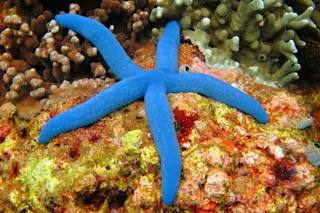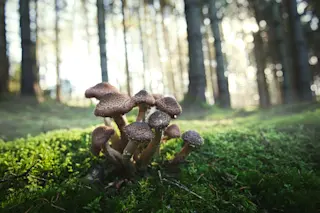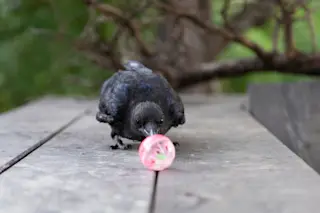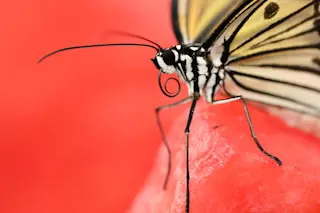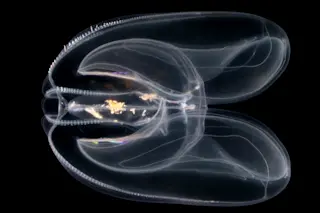When The Secret Life of Plants came out in 1973, Lincoln Taiz was a graduate student, just embarking on what would become a many-decades long career in plant biology. Plants, the book revealed, can make their own trace elements through fusion, just like the sun. More, they can recognize people. If someone committed a crime in front of them — plants’ fear could be measured with a simple lie detector test. And the book took it one step further, claiming that plants are conscious.
Taiz didn’t buy it.
“I could see the senior people in my field getting very exercised about this,” he recalls. “It’s embarrassing to plant biologists to have people believing stuff like that.”
The plant science community, he says, “teamed up with animal biologists and they did experiments to try and repeat some of these things, and of course it was all completely false.”
Yet the idea ...








